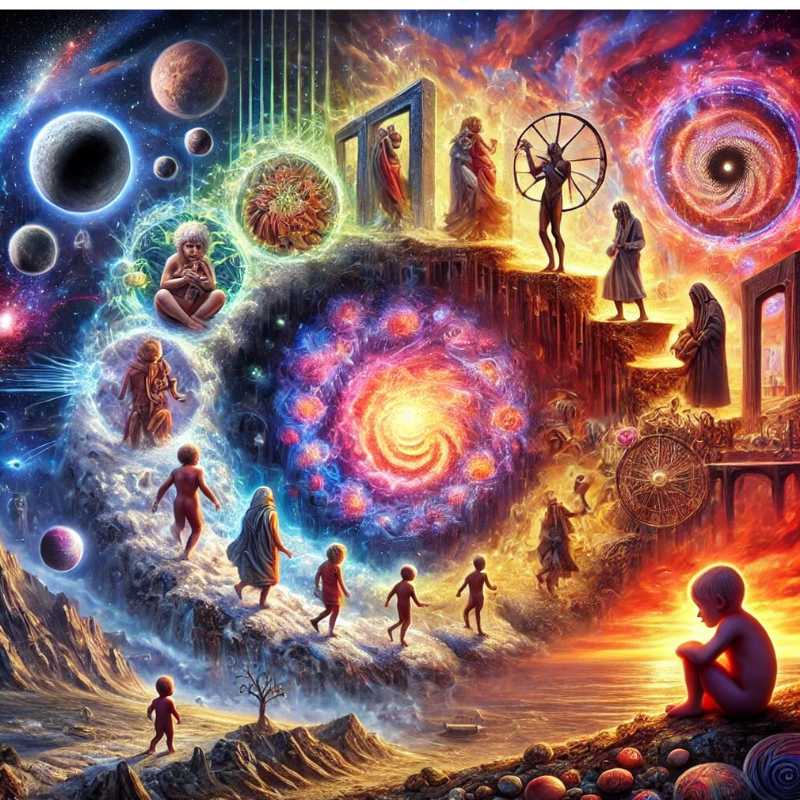Ron Garan, a former NASA astronaut, spent 178 days in space, orbiting the Earth 2,842 times. From the window of the International Space Station, he experienced something that has transformed many space travelers: the Overview Effect — that awe-inspiring moment when you realize Earth is not a collection of nations or economies, but a singular, fragile, interconnected organism.
He described the atmosphere as so thin, you could “almost touch it with your hands.” A barely-there veil — paper-thin — shielding all life from the void of space. And yet, despite its fragility, this thin blue line is the only thing standing between life and lifelessness.
That same sense of fragile wonder is something I’ve experienced for decades, not from space, but from the swamps and forests of Borneo and Sumatra. My journey has taken me into the heart of Indonesia’s wild places, where I’ve studied and worked to protect our red-haired cousins — the orangutans — who quietly go about their lives in one of the most complex ecosystems on the planet.
While Ron looked down from the stars, I have looked up through the forest canopy — and what we both saw was the same thing: a living planet in delicate balance.
Standing in the peat swamp forest, you can feel the Earth breathing. The air is rich and heavy with life. Fungi break down fallen branches. Hornbills glide silently above. And in the trees, orangutans carefully construct their nests — a daily ritual of mindfulness, passed from mother to child over generations.
What astronaut Ron Garan calls a “great lie” — the idea that we can treat the planet as a limitless resource in service to the economy — is something I’ve seen play out on the ground. I've watched as once-intact forests are converted into oil palm plantations. I've seen rivers choked with sediment and smoke clouds from slash-and-burn fires darken the skies. And I’ve met villagers and indigenous peoples who mourn the loss not just of trees, but of their connection to the land.
Ron and I come from vastly different backgrounds, but our epiphanies echo the same truth: we are not separate from nature. We are a part of a whole.
He proposes that we reorder our priorities: from “economy, society, planet” to “planet, society, economy.” That shift may seem subtle, but it’s revolutionary. It means making the health of Earth our starting point — not an afterthought. It means recognizing that every action — from the energy we consume to the forests we protect — either supports or erodes the only home we have.
As someone who has spent a lifetime among the forests, I’ve seen that reordering in action. A healthy forest supports healthy communities. A thriving orangutan population reflects a thriving ecosystem. Local wisdom and global cooperation must go hand-in-hand. Whether you're floating above Earth in a space station or trekking through a peat swamp with leeches on your boots, the message is clear:
Everything is connected. Everything matters.
Ron calls the Overview Effect a “lightening lamp” — a flash of insight that changes everything. But you don’t need to go to space to feel it. You only need to pause, listen, and look at the living world around you.
Because in the end, whether we orbit above it or walk within it, this planet is our only home. And the time to care for it — deeply and urgently — is now

